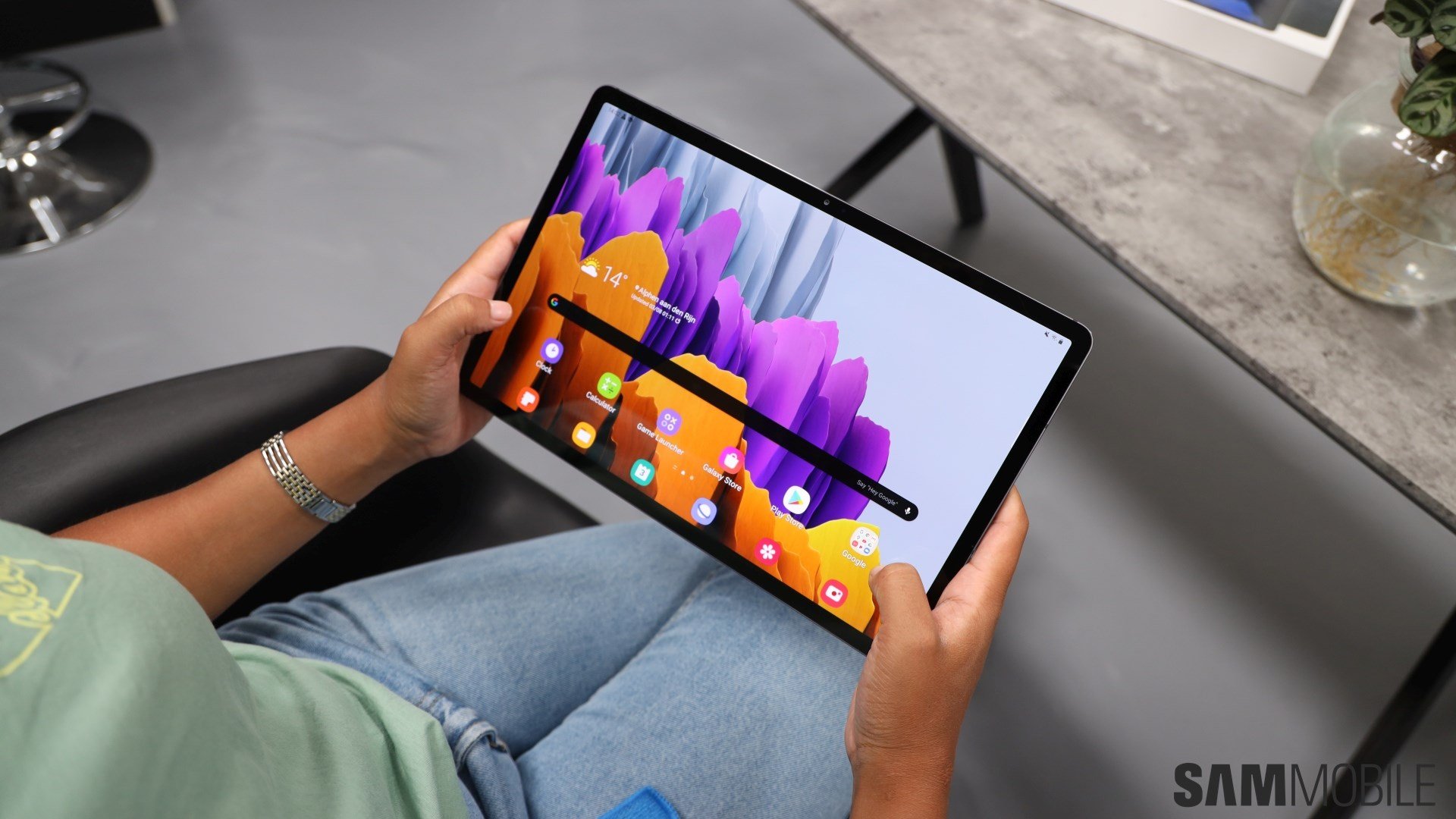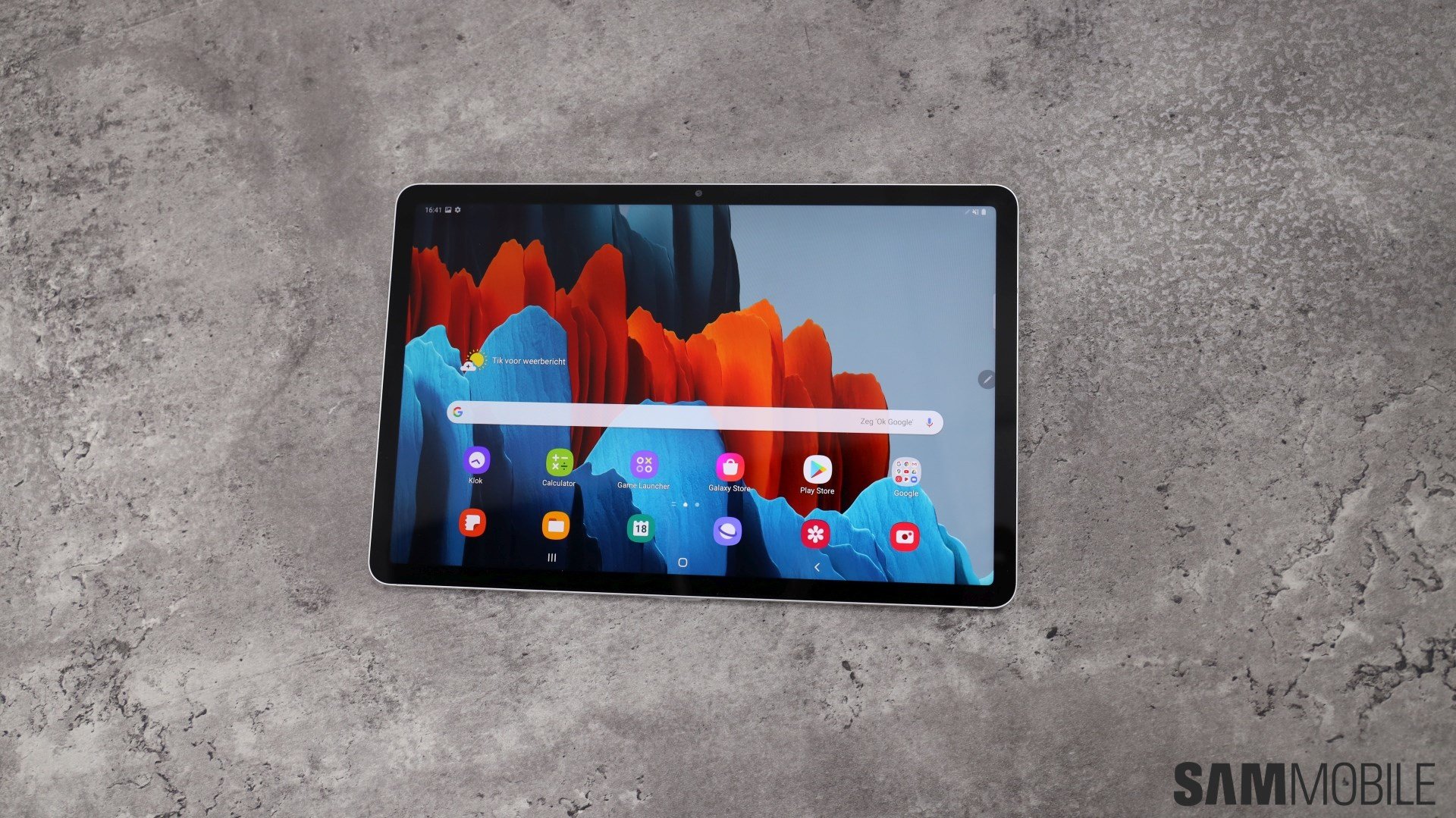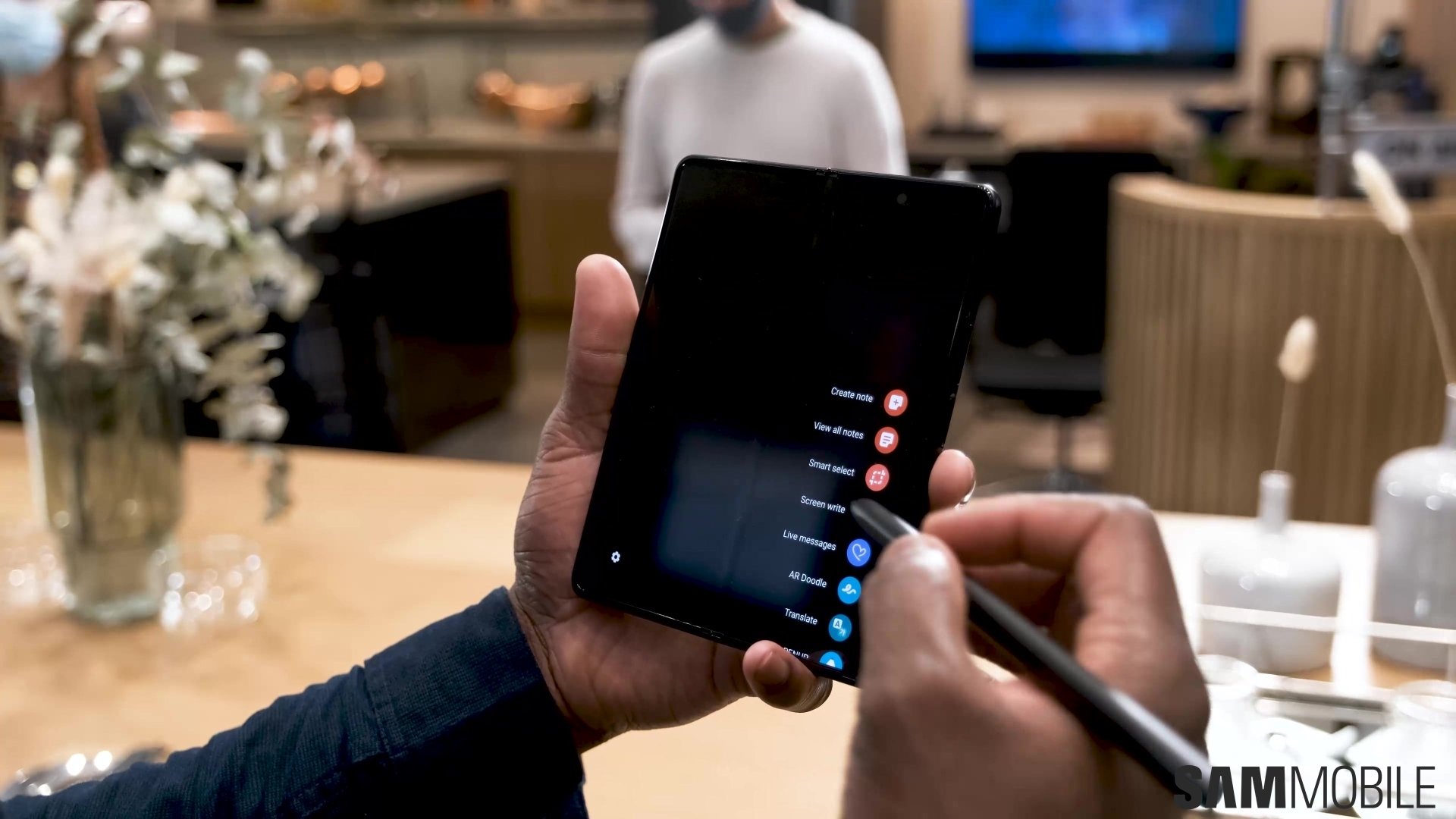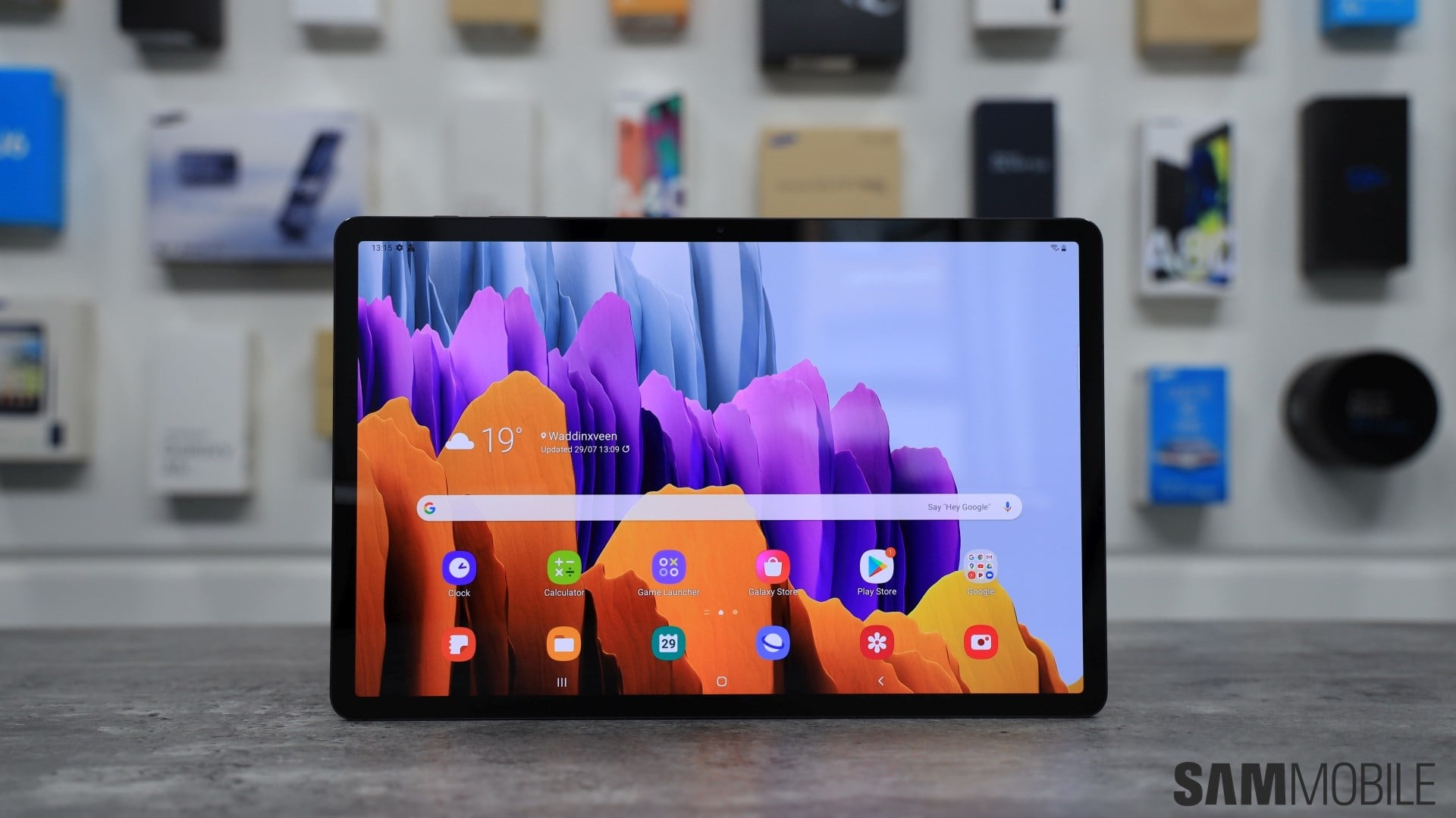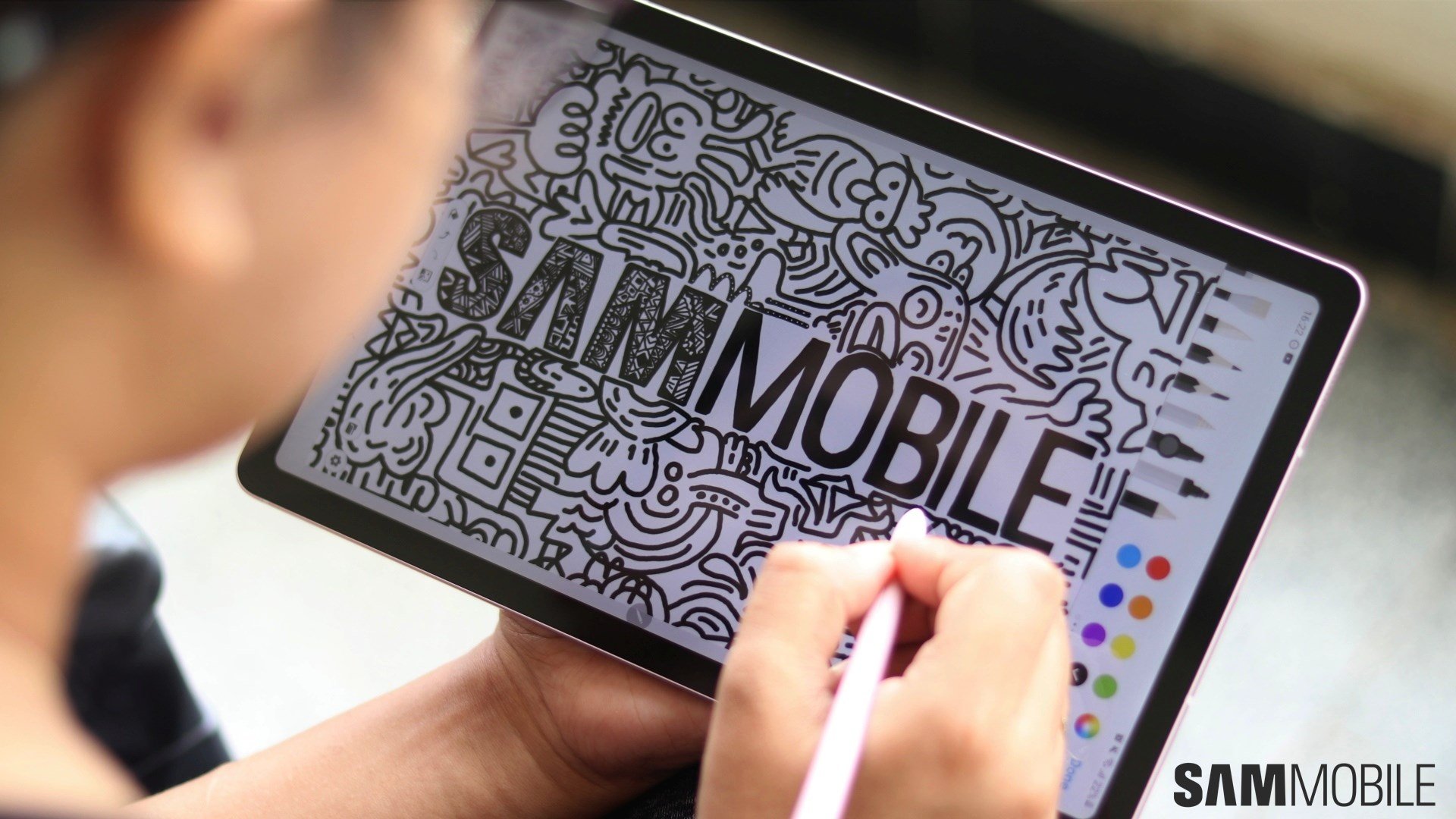
That's why it's launching not one but two models of its upcoming flagship tablet – the Galaxy Tab S7 and Galaxy Tab S7+. They will definitely be great devices with the latest in mobile technology but there's one thing that will prevent them from being truly great. That's the lack of an IP rating.
We have long talked about the benefits of having an IP rating on a flagship Samsung tablet. That wish is not going to be fulfilled by the Galaxy Tab S7, though. We exclusively revealed the Galaxy Tab S7+ specs today and it doesn't have an IP rating. The same obviously holds true for the Galaxy Tab S7 as well.
A dust and water resistance guarantee is one of the features that we wanted to see from the new flagship tablet. Samsung's high-end and many of its mid-range smartphones feature an IP rating. This is yet to trickle down to Samsung's tablet lineup, though. Samsung would be able to do this very easily but it doesn't seem to be interested.
An IP rating would elevate its flagship tablet over the competition. It will be a genuinely useful addition to the tablet's capabilities and will also serve as a major selling point. There's only so much that can offer with a tablet. A top-notch camera system is out of the question because nobody uses tablets for photography and that would also unnecessarily drive up the price, for example. So why not take advantage of this low hanging fruit?
The benefit that users can get out of this functionality will be profound. Think about it. You can use your tablet even when you're floating around in the pool. There will be no nagging thought at the back of your mind that you're going to kill your tablet if it falls in the water. The same goes for using it at the beach or when it's raining (though you may have your own reasons for soaking in the rain while watching something on your tablet).
What to say of those mini heart attacks when your child spills something while they're watching their favorite cartoons on your tablet? You can shrug that off if it happens to your Galaxy S20, for example, but your heart is going to skip a beat if that happens to your $650 tablet.
With flagship tablets costing as much as they already do, this will also enable Samsung to provide customers with more value for their money. If it ever wants to give iPad owners who are not too caught up in the Apple ecosystem a reason to switch, this just might be it.
We already know that this is not going to happen with the Galaxy Tab S7 so we can forget about a dust and water-resistant tablet for at least one more year. Like many Samsung fans, we'll continue to hope that Samsung will come around and make this happen.














